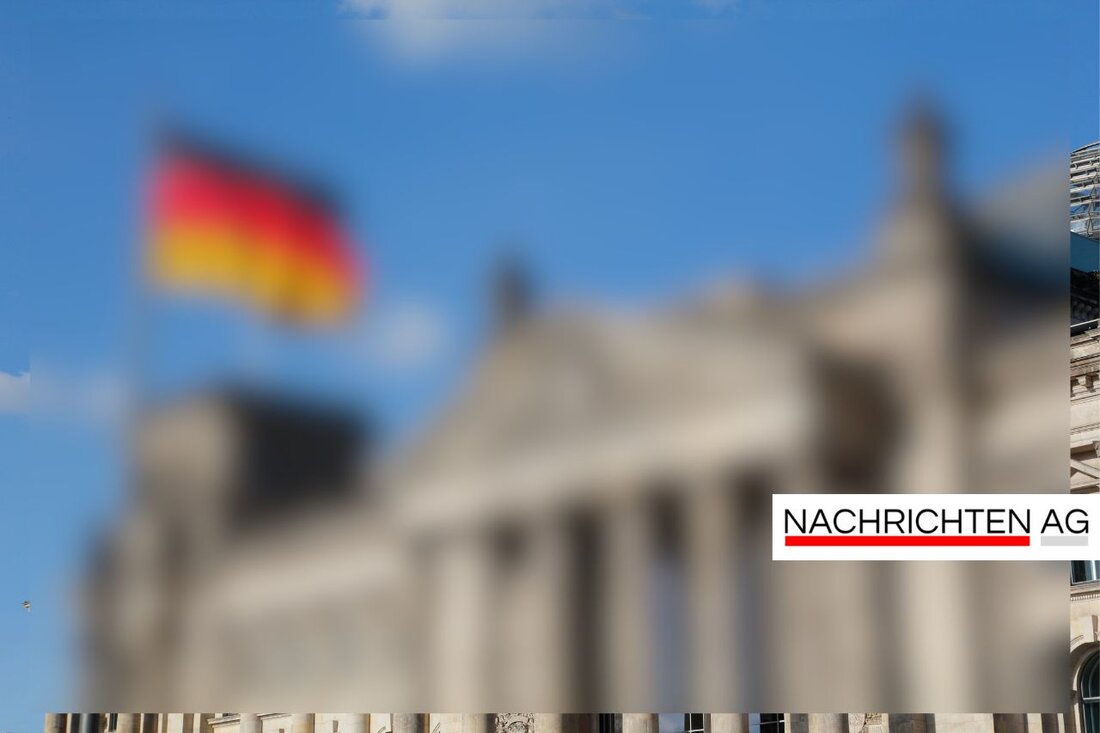Rich plans for gas power plants: Is the south bonus the solution to high electricity prices?
Rich plans for gas power plants: Is the south bonus the solution to high electricity prices?
Süddeutschland, Deutschland - On June 2, 2025, the Baden-Württemberg Minister of Economic Affairs Katherina Reiche (CDU) presented new plans to reduce energy costs in Germany. As part of this initiative, the federal government plans to build additional gas power plants. The desired expansion focuses primarily on southern Germany, where a special "south bonus" is to be launched in order to promote the construction of gas power plants. According to Reiche, up to two thirds of the advertised capacity are to be created in this region. The Federal Government is planning the tender of a total of 20 gigawatts of new gas capacities.
Already now the minister has "intensive discussions" with the EU Commission about possible state aids. These discussions are crucial to avoid distortions of competition within the EU and to improve the affordability of energy for companies. Reiche emphasizes the need to reduce the high electricity prices to ensure the competitiveness of German companies. Currently, electricity prices in Germany are no longer competitive, which means that investments in other countries with cheaper energy prices migrate.
planned relief measures
In order to relieve companies, the Federal Government is planning further measures that are to be finalized before the summer break. This includes a reduction in electricity tax and relief for network charges and the gas storage surcharge. Reich indicates that it is important to create a "balanced triangle" from security of supply, climate protection and affordability. In addition, exceptional stocks for energy -intensive industries are still approved, such as electricity price compensation.
Support also learns from Bavaria's Prime Minister Markus Söder (CSU), who describes the plans as a "glimmer of hope". Söder emphasizes that Bavaria was disadvantaged under the previous government and is now striving for a better connection to the hydrogen network.
energy transition and renewable energies
In the further context of German energy policy, the progress monitor of the energy transition from BDEW and EY shows that the proportion of renewable energies in gross electricity consumption in 2024 was 55%. This exceeds the requirements of the Renewable Energy Sources Act (EEG). Photovoltaics in particular developed positively with growth of 17.0 GW, while the wind energy expansion was left behind the targets. Despite these progress, there are still challenges for approval processes for wind power projects.
The planned expansion of gas capacities is also against the background that renewable energies need support, especially in their unreliable phases. The unpredictability of wind and sun makes the need for stable gas power plants grow. By 2030, up to 20 gigawatts are therefore planned for new gas capacities to secure network stability and to meet the need for flexible power solutions.
In summary, Germany is faced with the challenge of designing the energy transition in such a way that it not only serves the climate goals, but also maintains economic competitiveness. The plans of Katherina Reiche and the associated measures are an important step in this direction.For more information please visit: bnn.de , tradingview.com and Bdew.de. .
| Details | |
|---|---|
| Ort | Süddeutschland, Deutschland |
| Quellen | |


Kommentare (0)